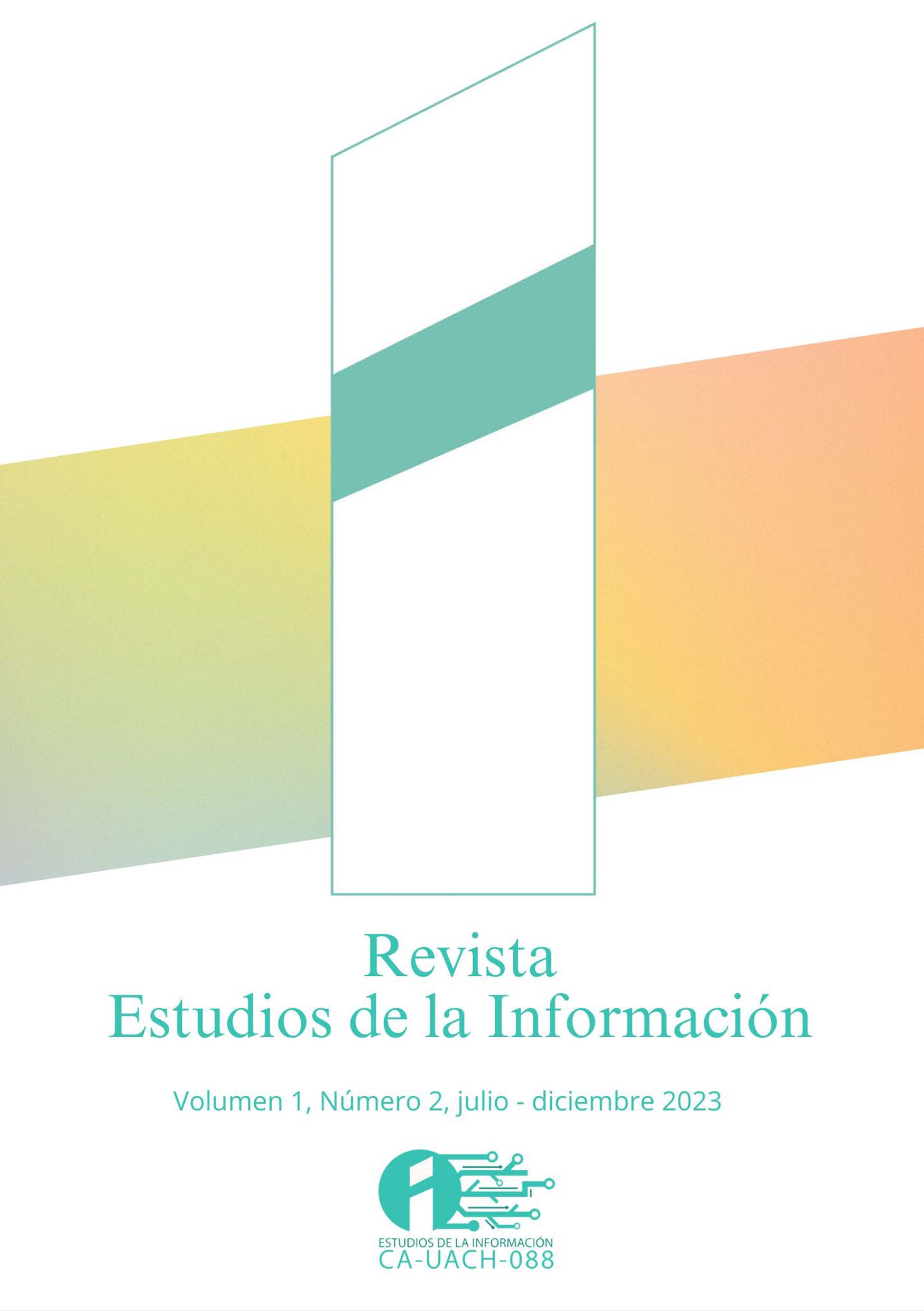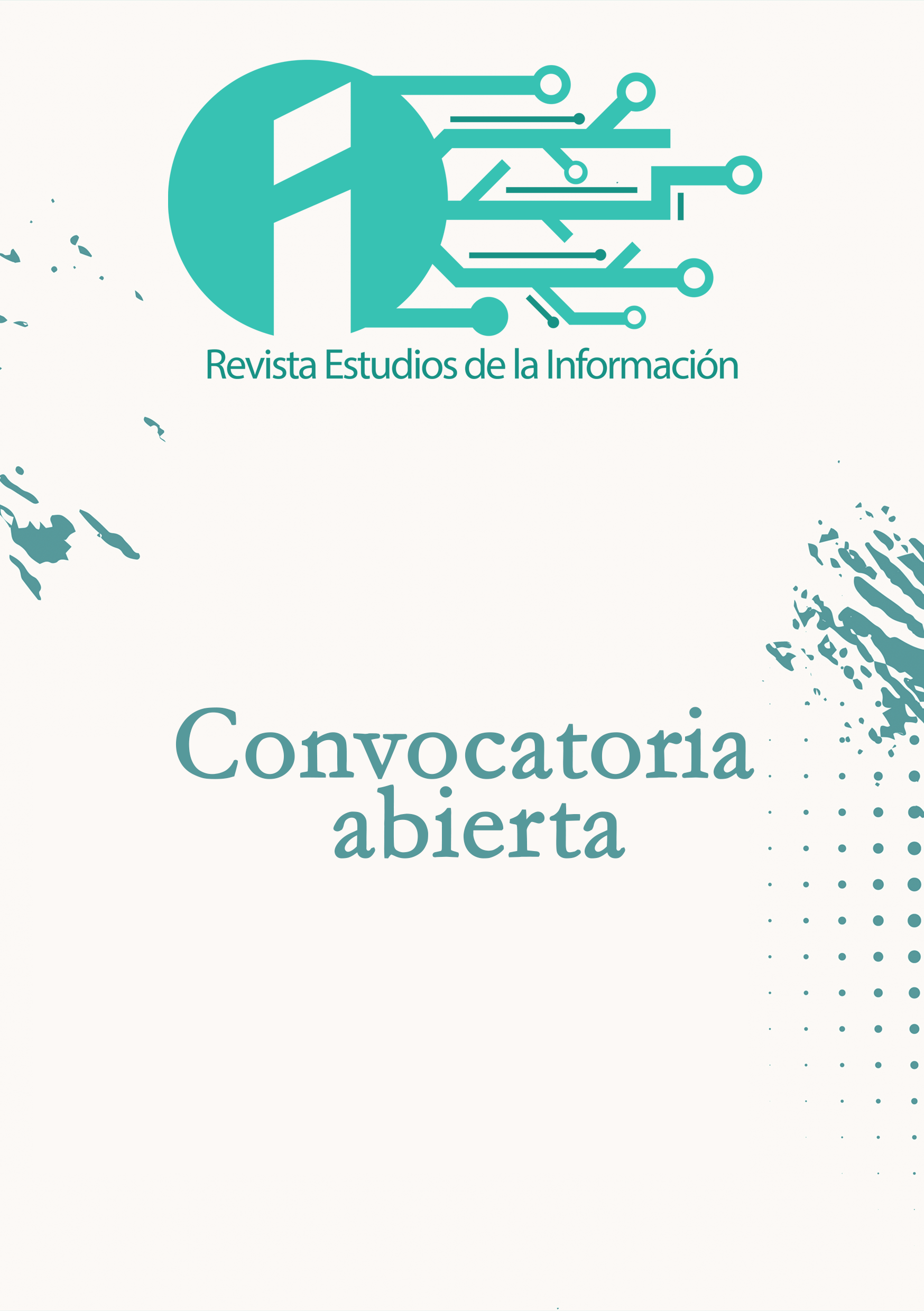Data literacy as a component of information literacy and the new roles of information professionals
DOI:
https://doi.org/10.54167/rei.v1i2.1380Keywords:
information literacy, information professionals, librarians, information management, statisticsAbstract
Information literacy has experienced constant change due to the growing relevance of data in today's society. Information professionals, such as librarians, must adapt to new technologies and challenges, with statistics being an essential skill to understand and utilize data across various disciplines. Librarians can play a crucial role in data management, interpretation, and application, opening opportunities to become data librarians and research data management specialists. Beyond traditional libraries, information professionals can enrich interdisciplinary research, ensure data integrity, and foster a robust research ecosystem. Technology and statistics are key components of information literacy, as data represents an endless source of knowledge and opportunities in a digital world.
Downloads
References
Carbonell-Alcocer, A. y Gertrudix-Barrio, M. (2019). Evaluación de una intervención educativa para la alfabetización en datos mediante el uso del método científico y el aprendizaje situado. Revista Mediterránea de Comunicación 10(2), 213-241. https://www.doi.org/10.14198/MEDCOM2019.10.2.6
Carlson, J., y Johnston, L. R. (2015). Introduction. En J. Carlson e I. Johnston (Eds.), Data information literacy: Librarians, data, and the education of a new generation of researchers (pp. 1-8). Purdue University Press. https://bitly.ws/33ncQ
Carlson, J., Johnston, L.R., y Westra, B. (2015). Developing the data information literacy project. En J. Carlson e I. Johnston (Eds.), Data information literacy: Librarians, data, and the education of a new generation of researchers (pp. 35-50). Purdue University Press. https://bitly.ws/33ncQ
Chartered Institute of Library and Information Professionals. (2023). Data librarians. https://www.cilip.org.uk/page/DataLibrarians
Frické, M. (2023). Artificial intelligence and librarianship: Notes for teaching. SoftOption. https://bitly.ws/33neQ
García-Marco, F. J. (2009). El movimiento iSchools: Posicionando los estudios de la biblioteconomía y documentación en la era de la información. Anuario ThinkEP, 1(3), 95-99. https://bitly.ws/33neV
Gobierno de España. (4 de abril de 2023). La dataesfera en la que vivimos: El sistema de datos interconectado. https://bitly.ws/33nf2
González, L., Pérez, C., Peralta, M. J., y Meneses, G. (2020). El movimiento iSchools en Iberoamérica: Un análisis de su producción científica. Revista Publicando, 27(7), 10-22. https://bitly.ws/33nf7
Martín-González, Y., e Iglesias-Rodríguez, A. (2021). Alfabetización en datos: Diseño de un nuevo escenario formativo para el contexto universitario. Revista Ibero-Americana de Ciencias de la Información 1(14), 318-330. https://bitly.ws/33nf9
Marzal, M. (2020). A taxonomic proposal for multiliteracies and their competences. Profesional de la Información, 29(4), e290435. https://doi.org/10.3145/epi.2020.jul.35
National Science Foundation (Estados Unidos de América). (2007). Cyberinfrastructure vision for 21st century Discovery. National Science Foundation. https://www.nsf.gov/pubs/2007/nsf0728/nsf0728.pdf
New Jersey Institute of Technology. (26 de abril de 2023). Embedded librarianship: Integrating the library into your course. https://researchguides.njit.edu/embedded
Ramírez-Sánchez, M., Rivas-Trujillo, E., y López-Lezama, J. M. (2019). La e-research en el proceso de recogida y análisis de datos en el estudio de caso. Revista Espacios, 41(40), 14-24. https://www.revistaespacios.com/a19v40n41/19404114.html
Reinsel, D., Gantz, J. y Rydning, J. (2018). The digitization of the world from edge to core. Seagate. https://bitly.ws/33nfc
Rodríguez, M. (31 de agosto de 2023). 6 trabajos que la Inteligencia Artificial está creando y qué tipo de preparación requieren. https://www.bbc.com/mundo/articles/ck5lkj34jyxo
Schield, M. (2004). Information literacy, statistical literacy and data literacy. International Association for Social Science Information Service and Technology Quarterly, 28(2), 7-14. https://www.doi.org/10.29173/iq790
Schneider, R. (2013). Research data literacy. Communications in Computer and Information Science, 397, 135-137. https://doi.org/10.1007/978-3-319-03919-0_16
Universidad Oberta de Catalunya (2023). Infomediarios. http://cv.uoc.edu/UOC/a/moduls/90/90_294a/web/main/m6/v5_2.html
Wiggins, A. y Sawyer, S. (2012). Intellectual diversity and the faculty composition of iSchools. Journal of the American Society for Information Science and Technology, 63(1), 8-21. https://doi.org/10.1002/asi.21619
Wolff, A., Gooch, D., Cavero Montaner, J. J, Rashid, U., y Kortuem, G., (2016). Creating an understanding of data literacy for a data-driven society. The Journal of Community Informatics, 12(3), 9-26. https://doi.org/10.15353/joci.v12i3.3275
Wouters, P. (2006). What is the matter with e-science? Thinking aloud about informatisation in knowledge creation. https://bitly.ws/33ngE
Downloads
Published
How to Cite
-
Abstract180
-
PDF (Español)167







